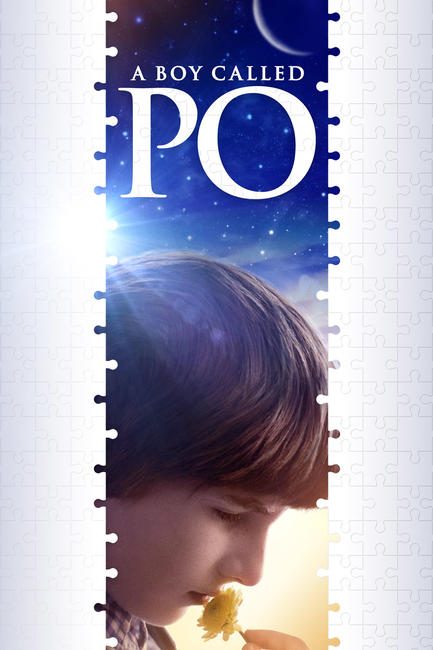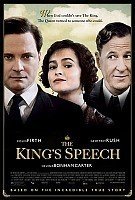“Speaking Truth to Authority”

| None | Light | Moderate | Heavy | |
|---|---|---|---|---|
| Language | ||||
| Violence | ||||
| Sex | ||||
| Nudity |
What You Need To Know:
THE KING’S SPEECH tells a gripping, patriotic personal story that had a profound effect on history. The acting and production values are superb, though the script is more character focused. Regrettably, the movie also often sides with the speech therapist’s anti-authoritarian attitude and contains lots of strong foul language when the therapist urges the king to say bad words to cure his problem. Thus, extreme caution is warranted.
Content:
(Ro, PP, BB, AC, CC, H, LLL, A, D, M) Light Romantic worldview tending to question and fight authority, rebuked in the instance of one heir to the throne and mitigated by strong patriotic, moral elements (including brief positive references to God) and England takes a stand against National Socialism, plus some Christian references to the Church of England and Westminster Abbey, though archbishop comes across a bit stuffy, and some humanist psychobabble; about 40 or 41 obscenities (including 16 or 17 “f” words), one strong profanity using Jesus and one light profanity, plus several uses of the English word “bloody”; no real violence; no sex; no nudity; light alcohol use; smoking; and, lying and people, including his own family, make fun of man’s stuttering and express impatience with it.
More Detail:
The story opens with Prince Albert, the second heir to the Throne of England, making a horrible speech in 1927 because of his terrible stuttering problem. Everyone, including Albert’s wife, Elizabeth, tries to help him get over it, but nothing works. Then, Elizabeth finds an unconventional Australian speech therapist, Lionel Logue, who offers to help the Albert, but only if Albert will place himself entirely in Lionel’s hands.
Like many an Australian, Lionel has no patience for authority, much less for the stuffy traditions of English royalty. Albert is a very guarded man with some emotional baggage because of his stuttering problem, which his family, including his father, King George V, has mocked relentlessly since Prince Albert aka “Bertie” was a child. Consequently, Bertie and Lionel at first mix like oil and water.
Lionel’s expertise as a speech therapist, which he has learned through experience, clearly shows, however. Once Bertie lets his hair down a little, the frosty relationship between he and Lionel begins to thaw. As a result, Bertie begins to make real progress in getting over his stutter.
The problem is, to cure himself completely, Bertie ultimately has to face some uncomfortable facts about his strained relationship with his impatient father. Also, both he and Lionel must overcome some skepticism of Lionel’s expertise from the royal family’s advisors, including the Archbishop of Canterbury, the head of the Church of England.
Things come to a head when Bertie’s father dies and Bertie’s brother, the Prince of Wales, abdicates because of his love for a divorced American woman. Things really get serious when Bertie, now King George VI, must rally the British people against Hitler’s evil National Socialists in Germany by making the most important public speech of his life.
THE KING’S SPEECH tells a gripping, patriotic personal story that had a profound effect on history. The performances in THE KING’S SPEECH are superb, as is the movie’s production values in re-creating 20th Century England just before World War II.
Regrettably, the script meanders a little bit. This leads to a longer than necessary running time. Also, the movie often sides with the speech therapist’s Romantic, anti-authoritarian attitude (even though it can be a good thing to speak Truth to authority). Also, there are three scenes where the therapist gets the king to use strong foul language (nearly 40 obscenities, including some “f” bombs) as one method to get over his stuttering. The movie shows this method to be very useful. Finally, the movie telescopes events a lot, making the king’s first war speech more dramatic than it probably actually was. All that said, the movie does have a strong patriotic tone, including a strong approval of England’s stand against Adolph Hitler’s National Socialism.
Thus, all in all, MOVIEGUIDE® advises extreme caution for THE KING’S SPEECH.


 - Content:
- Content: 






